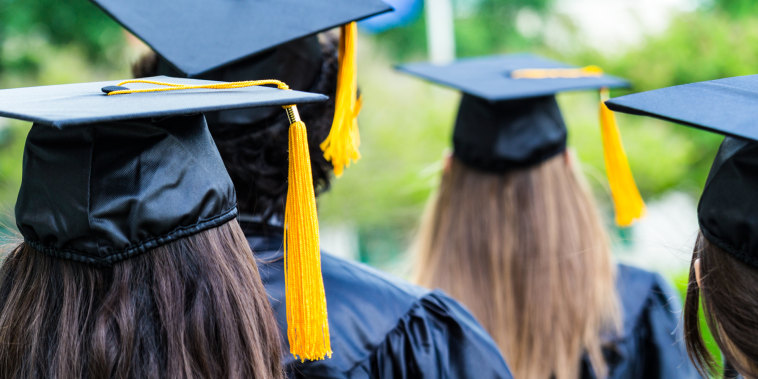
Federal student loans this fall will have the highest interest rate in more than a decade
The interest rate on many new federal student loans is set to rise to its highest level in more than a decade next year as lenders throughout the economy seek higher returns for borrowing money.
On Tuesday, the U.S. Department of Education said in a notice on its website that the rate for undergrads would rise to 6.53% from 5.5%. That’s equivalent to $113.72 for every $10,000 borrowed, according to Mark Kantrowitz, an expert on student loans, versus $108.52 for this past year.
For graduate students, the rate is rising from 7.05% to 8.08%, or to $121.77 per $10,000 from $116.36.
The rate levels are set by a pre-determined formula that takes the current yield on 10-year Treasury notes and adds percentage points based on the loan type and loan recipient.
The interest rate on the most recent auction of 10-year notes hit 4.483%. The 10-year is considered a benchmark rate and reflects investor appetite for risk given current circumstances in the economy.
Right now, the biggest factor in the economy remains inflation, and lenders are looking for higher rates to offset its effects.
It is not clear whether the Biden administration could intervene to freeze or even reduce rates from current levels. In 2013, the Obama administration signed a bipartisan bill to retroactively lower rates. Biden has made reducing the burden of student loans a cornerstone of his agenda and has rolled out a new debt cancellation plan after the Supreme Court rejected an earlier one.
A spokesperson for the Biden administration did not immediately respond to a request for comment.
The new rates do not affect outstanding student loans or private student loans, which tend to have much higher interest rates.
